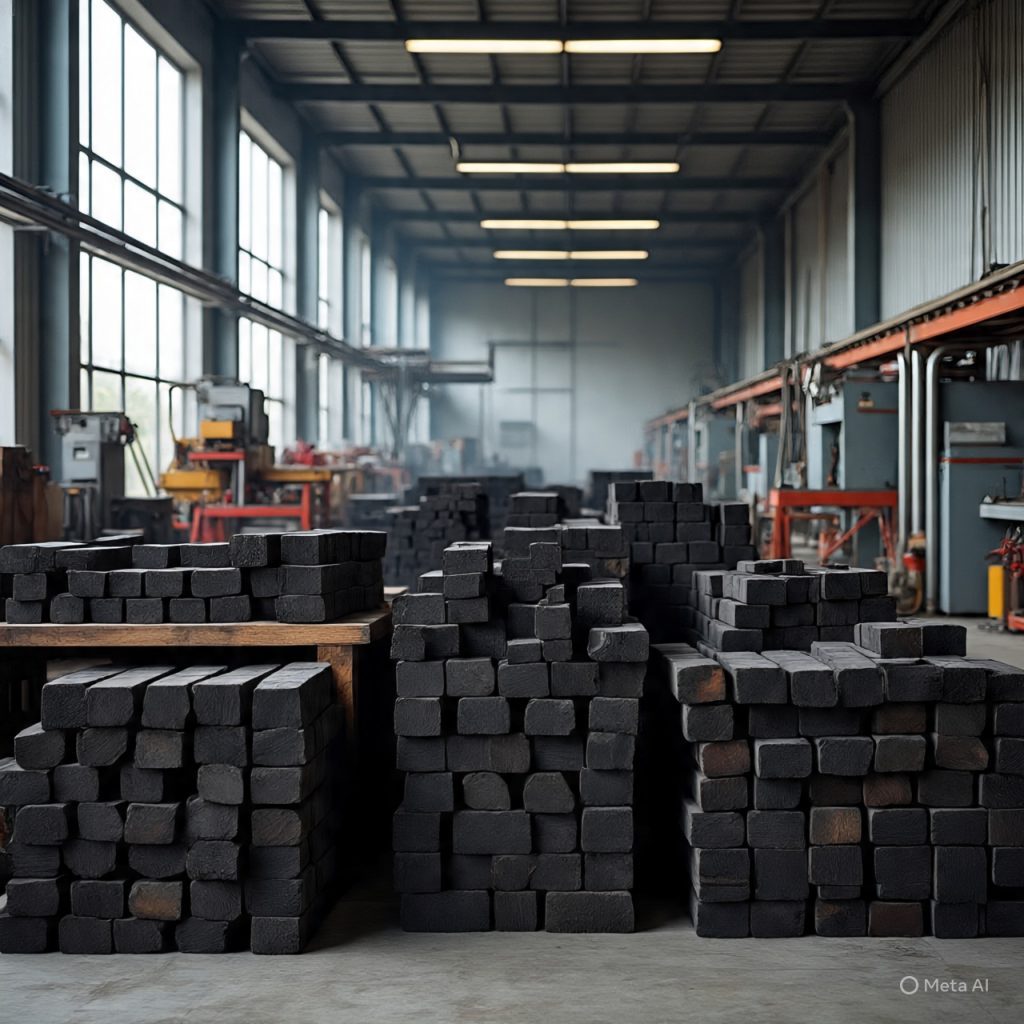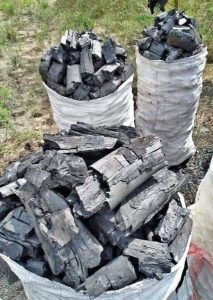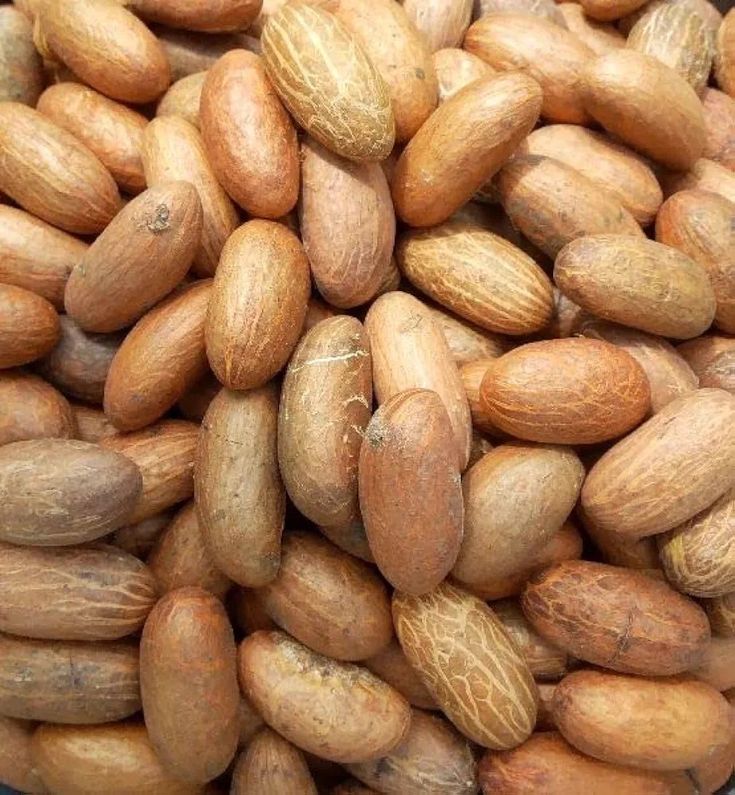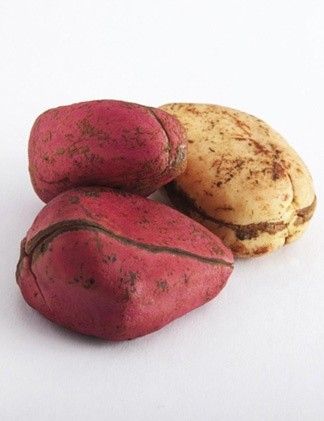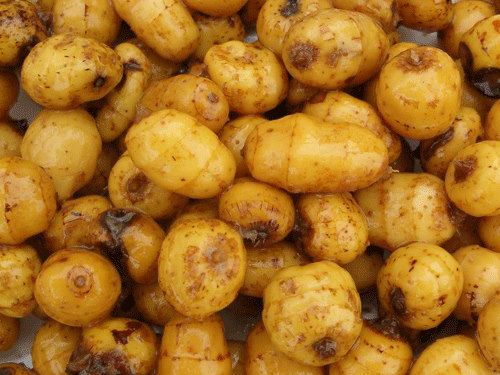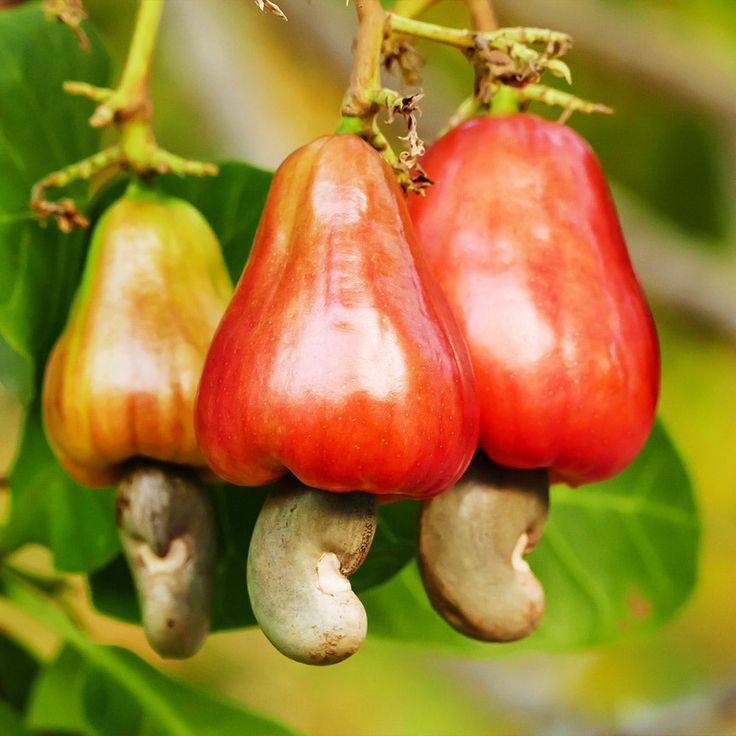Hardwood charcoal is one of the most demanded solid minerals and energy commodities exported from Africa. Known for its long-burning time, high calorific value, and minimal smoke emission, it is widely used across Europe, Asia, and the Middle East for cooking, heating, and industrial purposes.
Nigeria is one of the leading exporters of hardwood charcoal, thanks to the abundance of tropical hardwood trees such as oak, iroko, mahogany, and acacia. Exporting this commodity provides a reliable source of foreign exchange and supports the global renewable energy sector.

Why Hardwood Charcoal is in High Demand
-
Eco-Friendly Alternative: Compared to fossil fuels, charcoal is considered a cleaner source of energy.
-
Culinary Use: Widely used in households, restaurants, and food industries for barbecue and grilling.
-
Industrial Applications: Used in metallurgy, steel production, and as activated carbon for water filtration.
-
High Calorific Value: Burns hotter and longer than softwood charcoal, making it more efficient.
Export Specifications
-
Type: Hardwood Charcoal
-
Origin: Nigeria
-
Moisture Content: 5% – 10%
-
Ash Content: Maximum 3%
-
Fixed Carbon: 75% – 85%
-
Calorific Value: 6,500 – 7,500 Kcal/kg
-
Shape: Lump or stick
-
Size: 20mm – 200mm (customizable based on buyer’s request)
-
Packaging:
-
25kg / 50kg polypropylene bags
-
Jumbo bags (500kg – 1MT)
-
Customized branding on request
-
-
Loading Capacity: Approx. 22 – 24 MT per 40ft container
Export Process
-
Sourcing & Carbonization: Hardwood is carbonized using eco-friendly methods to preserve quality.
-
Sorting & Grading: Charcoal is graded by size and density to meet international standards.
-
Packaging: Packed in moisture-resistant bags for export.
-
Documentation: Proper export documents including Certificate of Origin, Phytosanitary Certificate, and Quality Analysis Report.
-
Shipping: Shipped in bulk containers via sea freight.
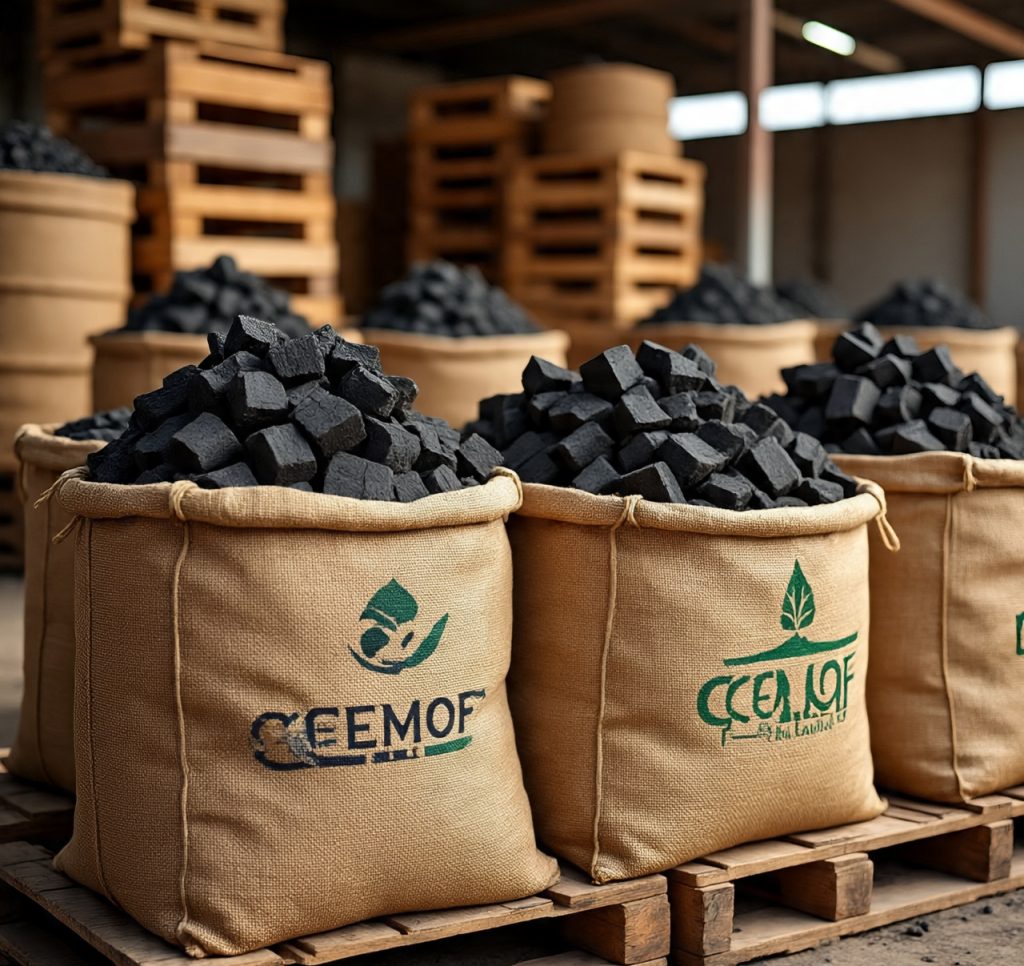
Target Markets
-
Europe: Germany, France, Spain, Italy, UK
-
Middle East: UAE, Saudi Arabia, Israel, Qatar
-
Asia: China, India, South Korea, Japan
Conclusion
Hardwood charcoal export is a lucrative business opportunity due to its consistent global demand. Exporters who ensure compliance with international standards, maintain quality, and establish reliable supply chains stand to build long-term trade relationships and sustainable profits.

